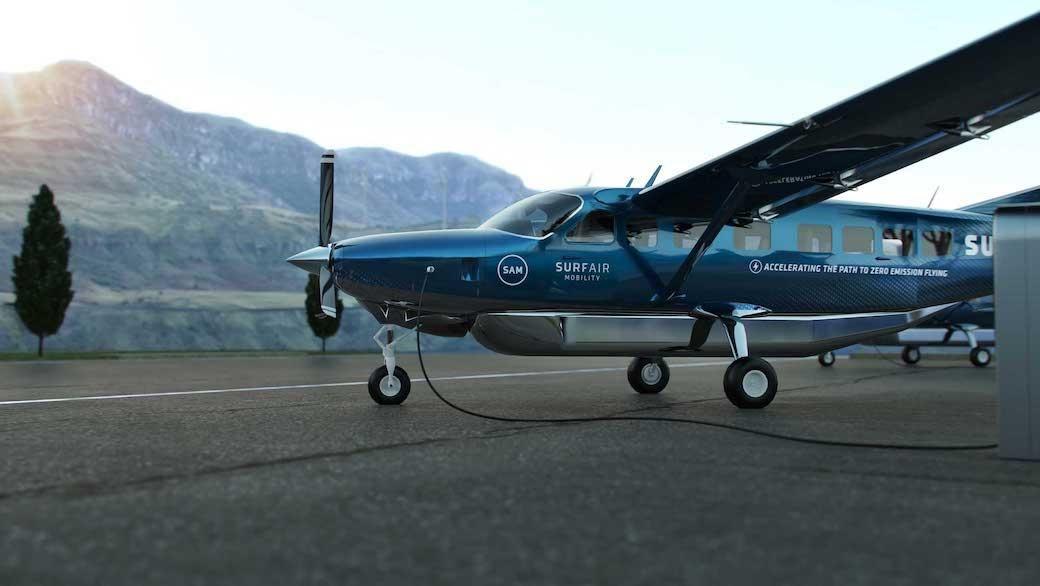Surf Air Mobility, Kenyan Carriers Partner On Caravan Electrification

Surf Air Mobility says its electrified Caravans will offer 50% operating cost savings compared to conventional turboprops.
Credit: Surf Air Mobility
Surf Air Mobility has announced a new partnership with Kenyan carriers Safarilink and Yellow Wings to electrify their Cessna Caravan fleets by 2027. Founded in 2020, Surf Air finalized an agreement with Textron last summer to serve as the exclusive provider of electric and hybrid-electric...
Subscription Required
Surf Air Mobility, Kenyan Carriers Partner On Caravan Electrification is published in Advanced Air Mobility Report, an Aviation Week Intelligence Network (AWIN) Market Briefing and is included with your AWIN Premium membership.
Already a member of AWIN or subscribe to Advanced Air Mobility through your company? Login with your existing email and password
Not a member? Learn how to access the market intelligence and data you need to stay abreast of what's happening in the air transport community.





